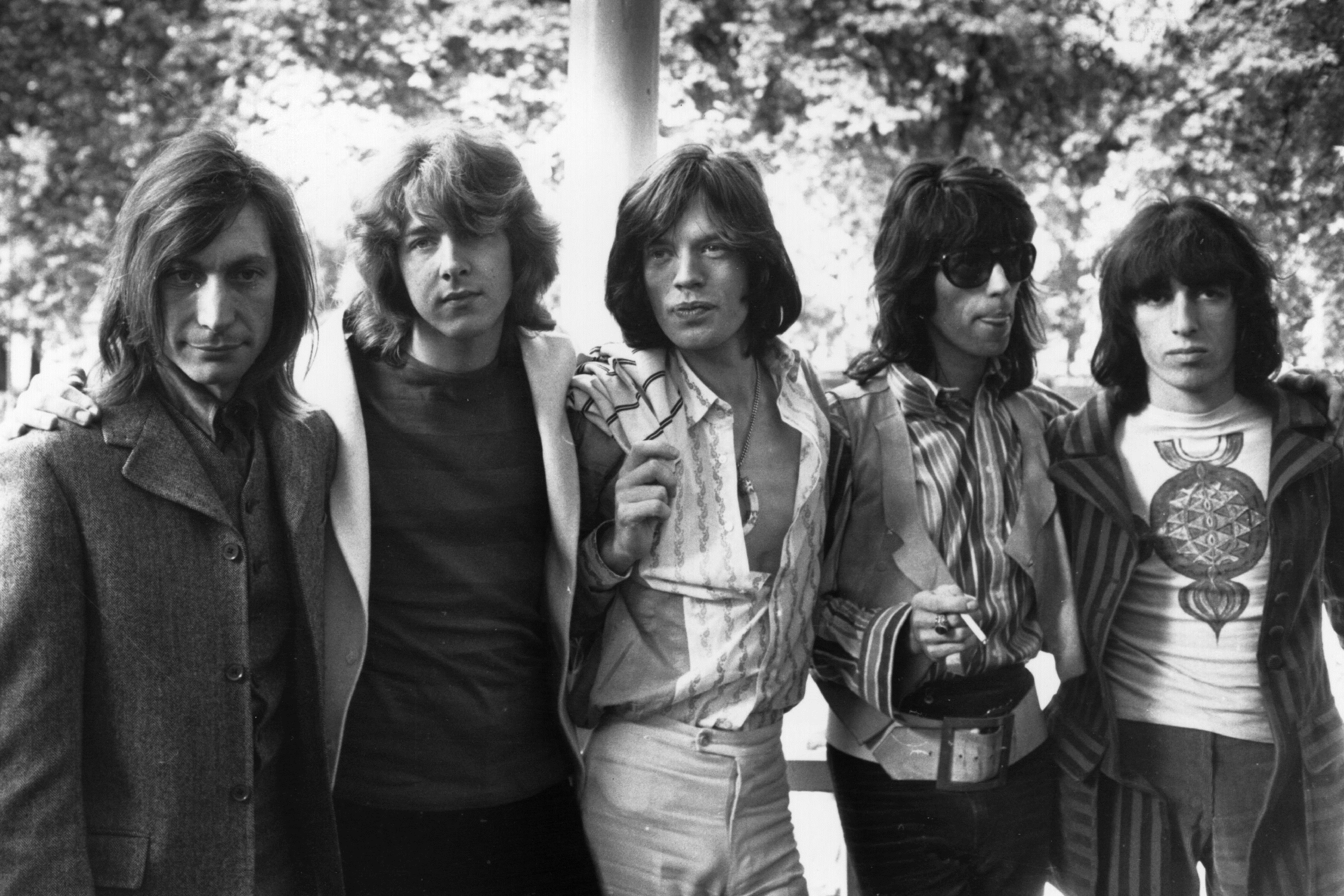The Rolling Stones: The Rock Band That Defined Rebellion
Introduction
The Rolling Stones, formed in London in 1962, have become an iconic band in the history of rock and roll. Their music has transcended generations, influencing countless musicians and shaping the sound of popular music. Beyond their musical prowess, the Stones have also embodied the spirit of rebellion, becoming synonymous with counterculture and nonconformity. This essay aims to critically examine the complexities of The Rolling Stones, exploring the various facets of their rebellion and its impact on society.
The Stones as Rebels
The Rolling Stones emerged at a time of social and political upheaval. In the early 1960s, young people were yearning for a break from the conservatism and conformity of the post-war era. The Stones, with their raw and rebellious sound, tapped into this sentiment, becoming a symbol of youthful defiance. Their music exuded an anti-establishment ethos, challenging societal norms and pushing the boundaries of acceptability.
Songs like "(I Can't Get No) Satisfaction" and "Sympathy for the Devil" became anthems for a generation disillusioned with authority and seeking alternative modes of expression. The Stones' lyrics often explored themes of drug use, sexual liberation, and social injustice, reflecting the counterculture movement that was gaining momentum.
The Commercialization of Rebellion
However, as the Stones' popularity soared, their rebellion began to take on a commercial aspect. Their concerts became major events, and their merchandise became highly sought after. This commodification of rebellion raised questions about the authenticity of their nonconformist stance. Critics argued that the Stones had become a part of the very system they once railed against.
The band itself acknowledged this tension. In an interview, Mick Jagger commented, "We're the most successful rebel band in history. We're part of the establishment and anti-establishment at the same time." This paradox highlighted the complexities of the Stones' rebellion, as their success and influence both reinforced and undermined their outsider status.
The Impact of the Stones
The Rolling Stones' impact on society has been profound. Their music has inspired generations of musicians, shaping the development of rock and roll and its subgenres. Their rebellion influenced youth culture, encouraging young people to question authority and express themselves freely.
Furthermore, the Stones' longevity and enduring popularity have demonstrated the enduring power of rebellion. Despite facing criticism and controversy, they have remained a relevant force in music, proving that the spirit of nonconformity can adapt and evolve alongside cultural shifts.
Criticisms and Counter-Arguments
Despite their iconic status, The Rolling Stones have also faced criticism. Some argue that their rebellion was superficial and lacked substance, merely a marketing ploy to attract young fans. Others criticize the band's misogyny and exploitation of women in their lyrics and behavior.
However, it is important to note that the Stones were products of their time and that their views on gender and sexuality reflected the prevalent attitudes of the 1960s. Additionally, their music has been praised for its raw energy and honesty, qualities that have resonated with audiences for decades.
Conclusion
The Rolling Stones have been a multifaceted band, embodying both rebellion and commercialism. Their music and image have influenced generations of musicians and fans, shaping the sound of popular music and the spirit of nonconformity. While their rebellion may have been commodified and subject to criticism, their enduring impact and the complexities of their stance make them a fascinating subject of study.
The Rolling Stones' legacy serves as a reminder that rebellion is a dynamic force that can take on different forms and meanings over time. It is a testament to the power of music to inspire, challenge, and reflect the cultural and social transformations of society.
Natalie Portman: The Actress Who Combines Brains And Beauty
Roberto Arlt – A Novelist And Playwright, Considered A Pioneer Of Modern Argentine Literature.
Lee Dong-wook: The Goblin Star Who Gained International Fame And Public Attention



